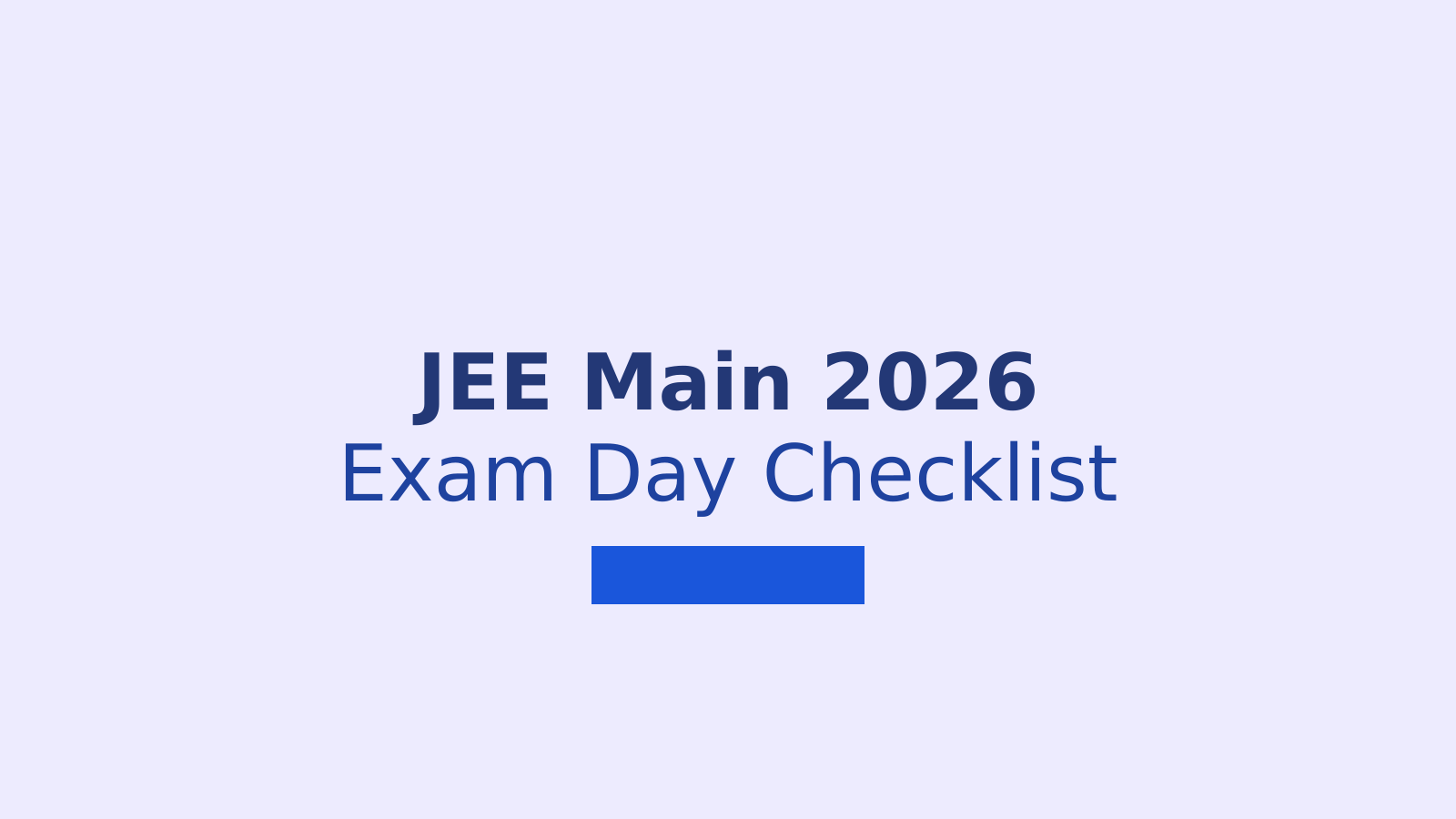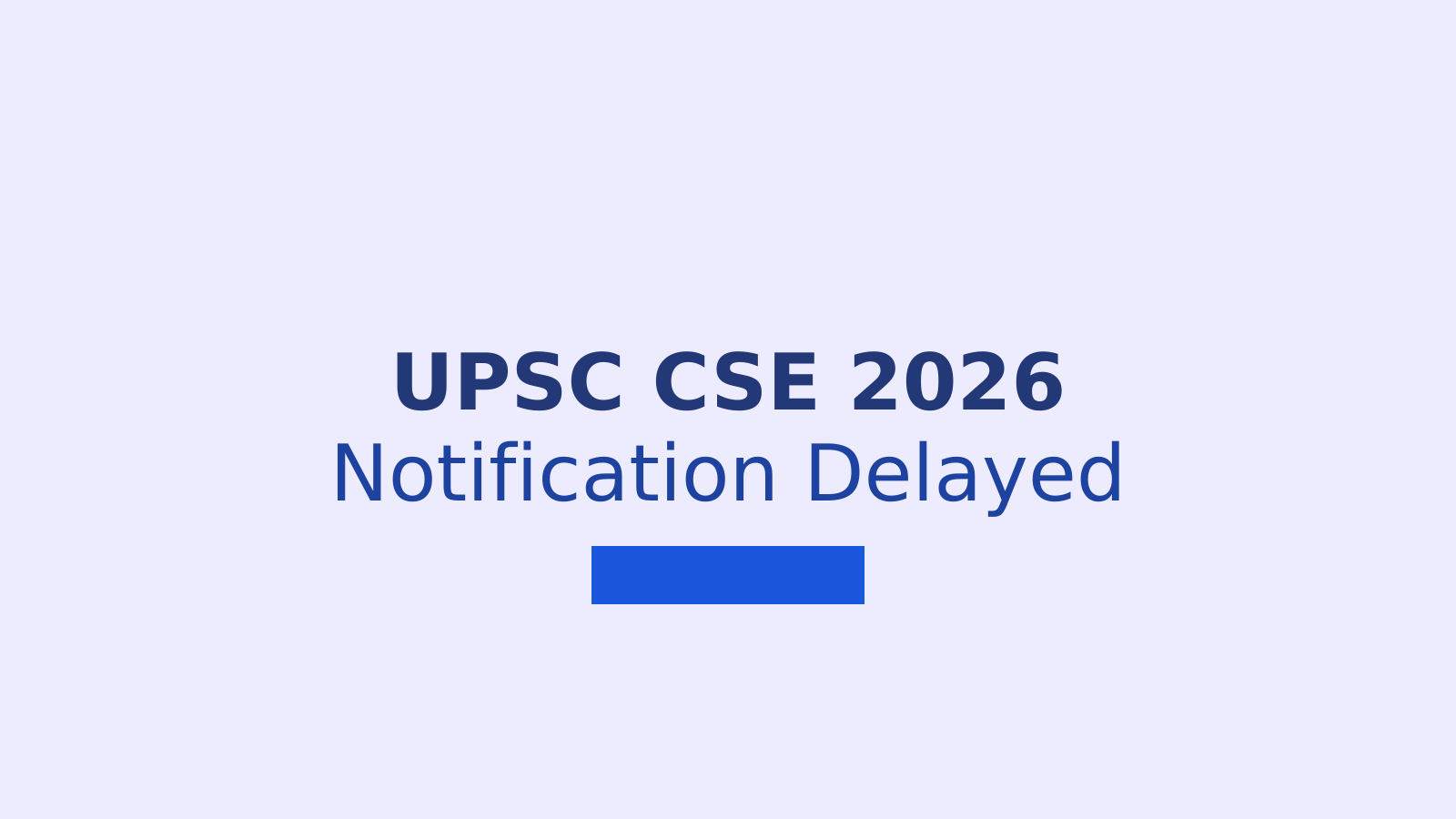Daily Analysis 27 August 2024
-> Report on United Nations Secretary-General Antonio Guterres' Address on Rising Sea Levels -> NCERT's Proposed Evaluation Model for Class 12
Abhi Singh

Report on United Nations Secretary-General Antonio Guterres' Address on Rising Sea Levels
On August 27, 2024, United Nations Secretary-General Antonio Guterres delivered a crucial address during the Pacific Islands Forum Leaders Meeting in Nuku’alofa, Tonga. The speech focused on the alarming issue of rising sea levels, a direct consequence of greenhouse gas emissions and climate change. Guterres emphasized the urgent need for global action to address the escalating crisis, which threatens to devastate the Pacific Islands and, by extension, the world.
Key Points of the Address
- The Crisis of Rising Sea LevelsGuterres warned that rising sea levels, driven by greenhouse gas emissions from burning fossil fuels, are causing a crisis of unimaginable scale. He described the situation as a "crazy" scenario entirely of humanity's making, with dire consequences looming if immediate action is not taken.
- Impact on Pacific Island NationsThe Secretary-General highlighted the vulnerability of Pacific Island nations, where approximately 90% of the population lives within five kilometers of the coast. With an average elevation of just one to two meters above sea level, these islands are particularly exposed to the impacts of climate change. Guterres warned that without drasticNew cuts in emissions, the Pacific Islands could see at least 15 centimeters of additional sea level rise by mid-century, resulting in over 30 days of coastal flooding per year in some areas.
- Global Responsibility and the Need for ActionGuterres called for a significant increase in financial support from the Group of 20 (G20) nations, urging the world's largest emitters to take responsibility for assisting the most climate-vulnerable countries. He stressed that saving the Pacific Islands is crucial for safeguarding the future of the entire planet.
- Supporting Local Resilience EffortsAmong the key initiatives discussed was the Pacific Resilience Facility, a "Pacific-owned and led" financial institution designed to help local communities build resilience to climate change. However, Guterres pointed out the severe funding shortfall for this initiative, which is scheduled to begin operations in 2025.
Question:
Which is the largest island in the Pacific Ocean?
- New Guinea
- Borneo
- Tonga
- Somoa
NCERT's Proposed Evaluation Model for Class 12
The National Council of Educational Research and Training (NCERT) has introduced a new evaluation model for Class 12 board exams, aiming to create a more comprehensive and balanced assessment system. The proposal, outlined in the report "Establishing Equivalence across Education Boards," emphasizes incorporating performances from Classes 9, 10, and 11 into the final Class 12 results.
Key Recommendations
- Progressive Assessment Approach:The proposed model suggests a progressive evaluation framework, where the academic year is divided into two terms. The final Class 12 board results will now include cumulative marks from Classes 9, 10, and 11.
- Weightage Distribution:The weightage of formative (ongoing) and summative (end-term) assessments will be adjusted progressively across grades:
- Class 9: 70% formative, 30% summative
- Class 10: 50% formative, 50% summative
- Class 11: 40% formative, 60% summative
- Class 12: 30% formative, 70% summative
- Incorporation of Previous Class Performances:The final Class 12 results will account for the following weightages:
- 15% from Class 9
- 20% from Class 10
- 25% from Class 11
- 40% from Class 12
- Assessment Methods:The new model will include a variety of assessment methods such as Classroom Assessments, Portfolio Assessments, Self Assessments, Peer Assessments, and Group Work. Additionally, Term II will focus on Project Work, Paper Presentations, and Group Discussions.
The NCERT's proposed evaluation model represents a significant shift towards a more holistic approach to student assessment. By incorporating performances from earlier grades and balancing formative and summative assessments, the new framework aims to provide a comprehensive evaluation of a student's academic journey leading up to the Class 12 board exams.
Question: Write a report on Establishing Equivalence across Education Boards?



